Best Cities To Live In Mexico In 2026
Mexico remains one of Latin America’s most compelling destinations, especially for North Americans. More than a million expats call it home, and tens...
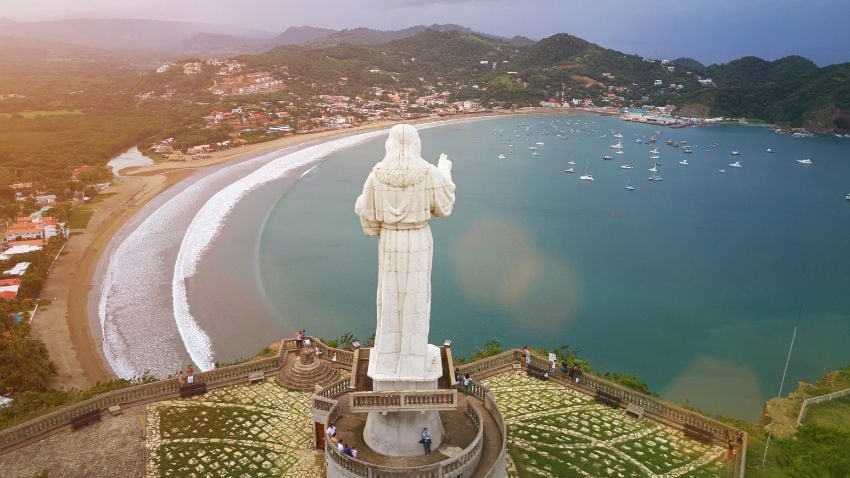
5 min read
Out of all expat destinations, Nicaragua is surprisingly an excellent option that many don’t even have on their radar. Latin America is often deemed a region of corruption, crime and unsafety, but it comes with multiple hidden gems.
This part of the world has many favourable tax regimes, investment opportunities and places that cater to anyone’s liking. Whether you like the mountain or the sea, Latin America has you covered, boasting metropolises or laid-back villages. And Nicaragua isn’t an exception.
Nicaragua has undergone massive improvements to improve security for both residents and expats. Like anywhere in the world, being cautious and aware of your surroundings is crucial. However, many expats have found their homes in Nicaragua, living happy lives without any major safety concerns.
On top of that, Nicaragua offers perks such as a low cost of living, organic food, and many other things to see and do. If you’re ready to explore the beauty and opportunities Nicaragua has in store for you, I’ll cover the fundamentals of expat life in this Central American country in this article. From low-cost living to affordable housing and everything in between, you’ll get a complete overview to help you make an informed decision and create a fulfilling life in Nicaragua.
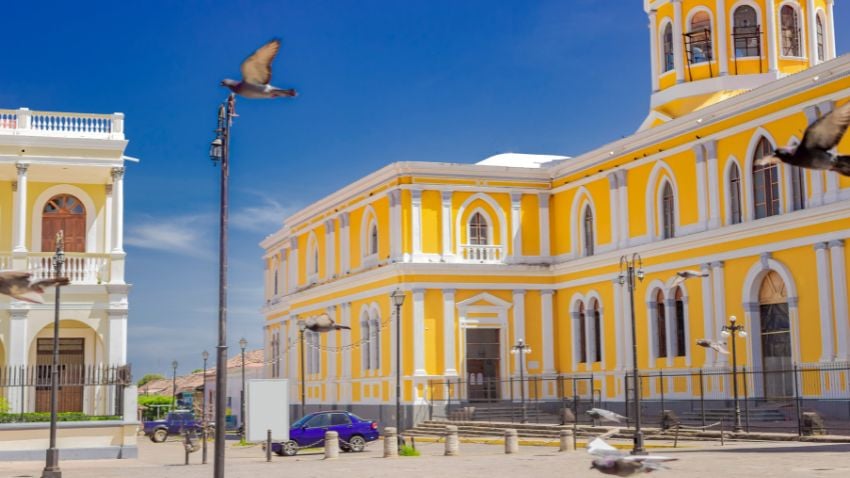
The cost of living in Nicaragua is low; a couple can live comfortably on US$ 1,500 a month or US$ 1,000 if they are alone
Nicaragua offers a low cost of living without compromising on a high quality of life, making it an attractive destination for expats. Your dollars, euros or pounds will go a long way here.
The cost of living in Nicaragua is lower than in other countries. For example, a couple can easily live on $1,500 USD a month or $1,200 USD a month for a single individual. Although these figures vary depending on one’s lifestyle and location, Nicaragua is an affordable country overall.
When moving to another country, housing becomes the most significant expense and concern, and Nicaragua is no exception. The good news is that if you play your cards right, you’ll find reasonably priced accommodations.
If you’re willing to buy air conditioning, you can go for a “nica-style” house for under $500 USD a month. On the contrary, you might pay around $1,000 USD per month if you want a more exclusive deal.
Mostly, living expenses are low, except for some imported products and electronics. Food, dining out and daily necessities are affordable, especially if you go for local products and establishments.
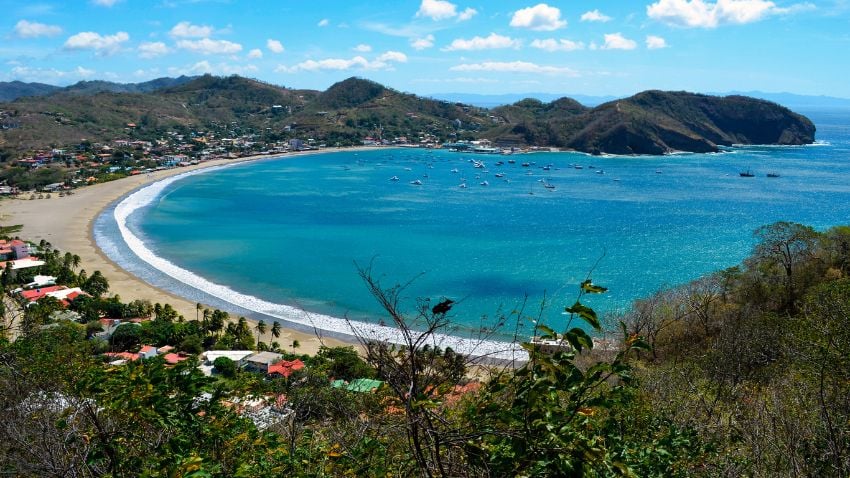
Expats can find all the essential amenities and transport networks to get around Nicaragua
Even if you already have an idea about housing prices, it’s better to get the big picture of the real estate options available in Nicaragua. First and foremost, you shouldn’t be concerned about tiny spaces and exorbitant rent. If you’re looking for an apartment downtown or a tranquil beachside villa, there’s something to cater to your preferences.
In urban areas, you’ll find apartments filled with characters that reflect the country’s rich history and culture. For a tranquil escape, beachfront villages and coastal towns provide stunning natural beauty.
The best part is that quality housing can be found at a fraction of the cost compared to other Western countries and even expat destinations, allowing you to enjoy life's pleasures, such as savouring tasty cuisine or engaging in outdoor activities.
While Nicaragua’s infrastructure is not as developed as that of countries like Panama, expats can find all the essential amenities and transportation networks to move around the country.
Air travel is a breeze with well-connected flights and airports, facilitating seamless access to and from various parts of the world. Whether you need a quick getaway or are planning a visit to your loved one back home, Nicaragua’s got you covered.
As time goes by, on-land travel is continually evolving. As infrastructure development gains momentum, you’ll find road networks providing access to multiple regions and facilitating exploration.
Also, in today’s connected world, a good internet connection becomes necessary to stay in touch with your loved ones. In this regard, Nicaragua’s communication services have come a long way, allowing you to work remotely or simply stay in touch with people in other corners of the globe.
Related content: Nicaragua's Political Situation And How It Affects Expats
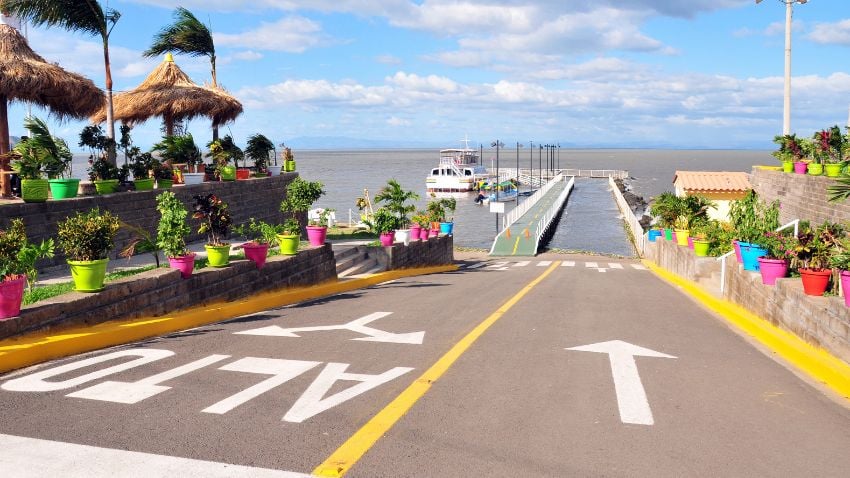
Nicaragua has faced security issues in the past, but has been working hard to improve security for its residents and expats
Nicaragua is a land of geographical wonders where you can come across multiple climate zones. From lush rainforests to sandy beaches and volcanic landscapes, this Central American country offers an array of climates to suit every expat’s preferences. Let’s see the different climates you can find.
Central Highlands: As you venture inland, the Central Highlands offer a more temperate climate away from the coastal heat. With cooler temperatures and a pleasant, breezy atmosphere, this region is ideal for those seeking a milder climate;
Caribbean Lowlands: On the eastern side, the Caribbean Lowlands exhibit a more tropical rainforest climate. This region is characterized by higher humidity and frequent rainfall, which makes it a biodiversity hotspot. The rainy season extends from September to February;
Pacific Lowlands: Along the western side lies the Pacific Lowlands, boasting a tropical savanna climate. Here, you’ll experience hot and humid weather throughout the year, with distinct wet and dry seasons. The rainy season extends from May to November.
Nicaragua has made significant progress in enhancing safety and security for locals and expats. Despite past concerns, the government has been actively implementing measures to improve the overall security situation.
Law enforcement and public safety initiatives have been prioritized, resulting in a more secure environment. As with any destination, exercising common sense and taking precautions remains essential. Avoiding high-crime areas and securing belongings can help minimize risks.
Embracing local customs and seeking advice from fellow expats will enable you to navigate the country more smoothly. Nicaragua offers a rewarding and safe experience for tourists and residents alike. By looking beyond headlines and acknowledging the progress made, you can enjoy a secure stay in this beautiful country.
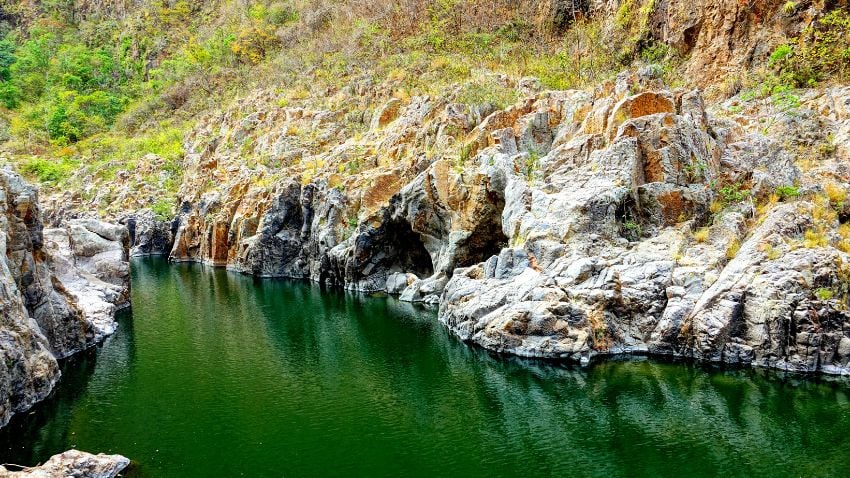
Although some locals speak English, it is important to learn Spanish to integrate into the culture and communicate better
If you are considering relocating to Nicaragua, you must consider some important data.
To live in Nicaragua, you’ll need a residency permit. For example, you can opt for a temporary residence visa, valid for one year, and a permanent residence visa. The process might be complex, so it’s important to research the requirements and work with a reputable immigration lawyer.
While you can take advantage of the affordable public healthcare system, expats usually opt for private insurance, which grants access to higher-quality facilities and care.
For expat families, there are several educational options available in Nicaragua. Although homeschooling is uncommon, some families opt for this route. Also, you can find private schools that offer bilingual education, as well as international schools.
While some locals speak English, you must learn Spanish to integrate with the culture and communicate with the locals fully. Some cities in Nicaragua are more language-friendly than others, so research the best places to live based on your language abilities.
Related article: The Basics Of How To Get A Second Passport Or A Second Residency
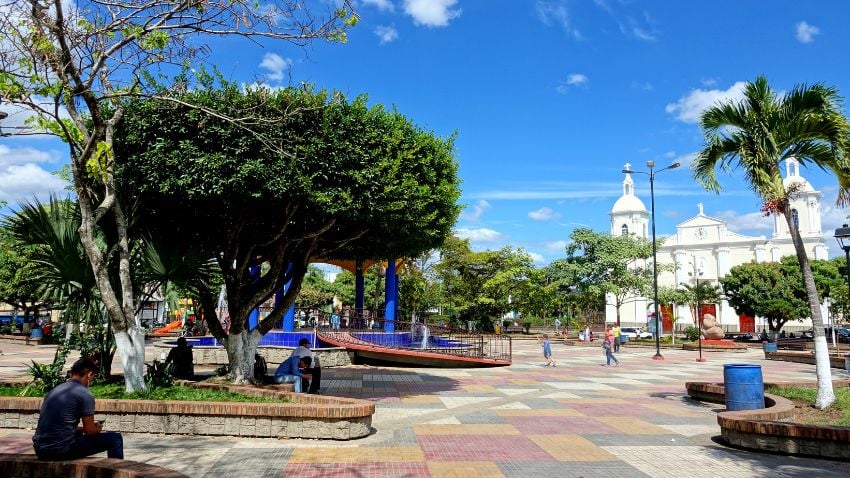
If you are ready to embrace the adventure and discover all that Nicaragua has to offer, this country will welcome you with open arms
Nicaragua’s growing economy and investment climate offer a range of opportunities for expats who wish to invest in the country. Some potential sectors include:
Real Estate: The real estate market is growing, but the price of property is still affordable;
Tourism: The country’s natural beauty and cultural appeal make the tourism industry thrive;
Agriculture: This sector is one of the cornerstones of Nicaragua’s economy. Agro-forestry plantations, agro-export products and biofuels are examples of investments that could be profitable in Nicaragua.
Nicaragua emerges as an enchanting and often underrated gem among expat destinations in Latin America. The country has faced several safety challenges in the last few years, but after significant strides in improving security, it’s providing a welcoming and secure environment for residents and expats alike.
The allure of Nicaragua extends beyond its safety measures, with its affordable cost of living, diverse climate zones, and a rich tapestry of landscapes to explore. From vibrant urban centers to peaceful beachside villas, this Central American country offers a range of housing options that cater to every preference and budget.
Also, sectors like real estate, tourism, and agriculture present exciting opportunities for expats who are willing to embrace new ventures and build a fulfilling life. If you’re ready to embrace adventure, discover the allure of Nicaragua and unlock the possibilities that it has to offer, this country will welcome you with open arms.
If you want the best intel from the expat world, including profitable offshore opportunities, little-known tax-saving strategies, and hard-won insights on immigration, passports, and Plan-B residencies, all delivered to your inbox every single week, then join our daily correspondence, EMS Pulse®. Currently enjoyed by over 84,000 expats and expat-hopefuls worldwide. Fill in the form below to join our newsletter free:

Written by Mikkel Thorup
Mikkel Thorup is the world’s most sought-after expat consultant. He focuses on helping high-net-worth private clients to legally mitigate tax liabilities, obtain a second residency and citizenship, and assemble a portfolio of foreign investments including international real estate, timber plantations, agricultural land and other hard-money tangible assets. Mikkel is the Founder and CEO at Expat Money®, a private consulting firm started in 2017. He hosts the popular weekly podcast, the Expat Money Show, and wrote the definitive #1-Best Selling book Expat Secrets - How To Pay Zero Taxes, Live Overseas And Make Giant Piles Of Money, and his second book: Expats Guide On Moving To Mexico.

Mexico remains one of Latin America’s most compelling destinations, especially for North Americans. More than a million expats call it home, and tens...

South Korea is far more than K-pop and K-dramas. It is a country known for outstanding food, from bustling street markets to high-end dining, as well...
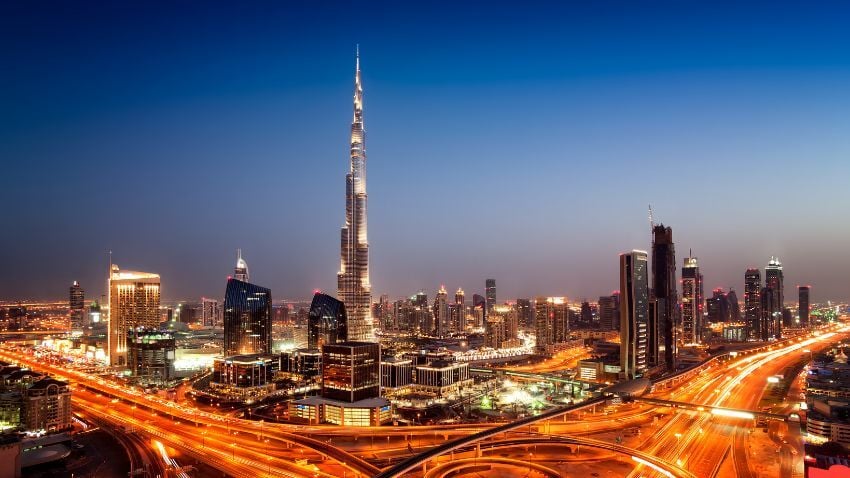
Asia is one of the most fascinating regions in the world for travel, offering an extraordinary mix of cultures, histories, and landscapes. From...